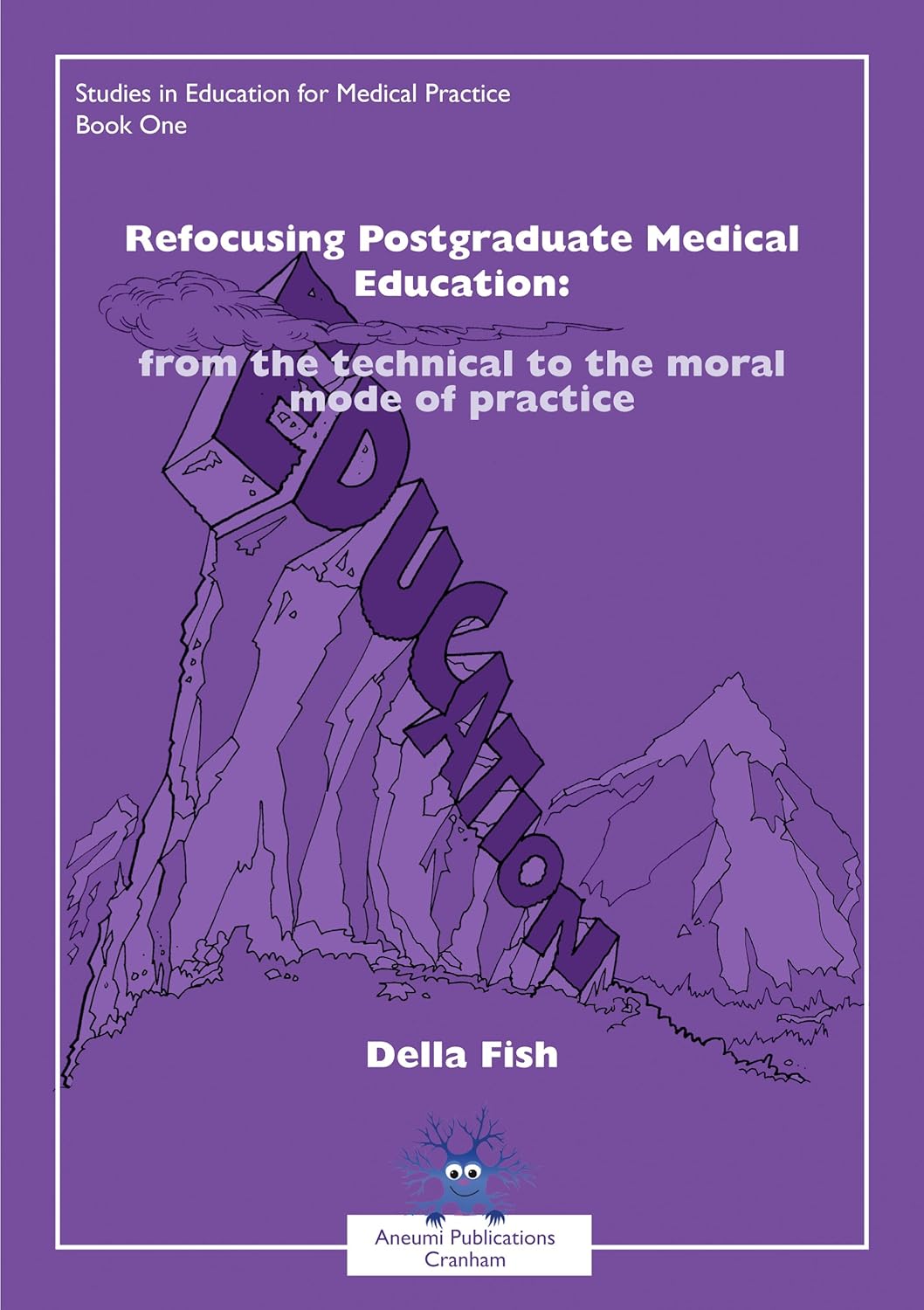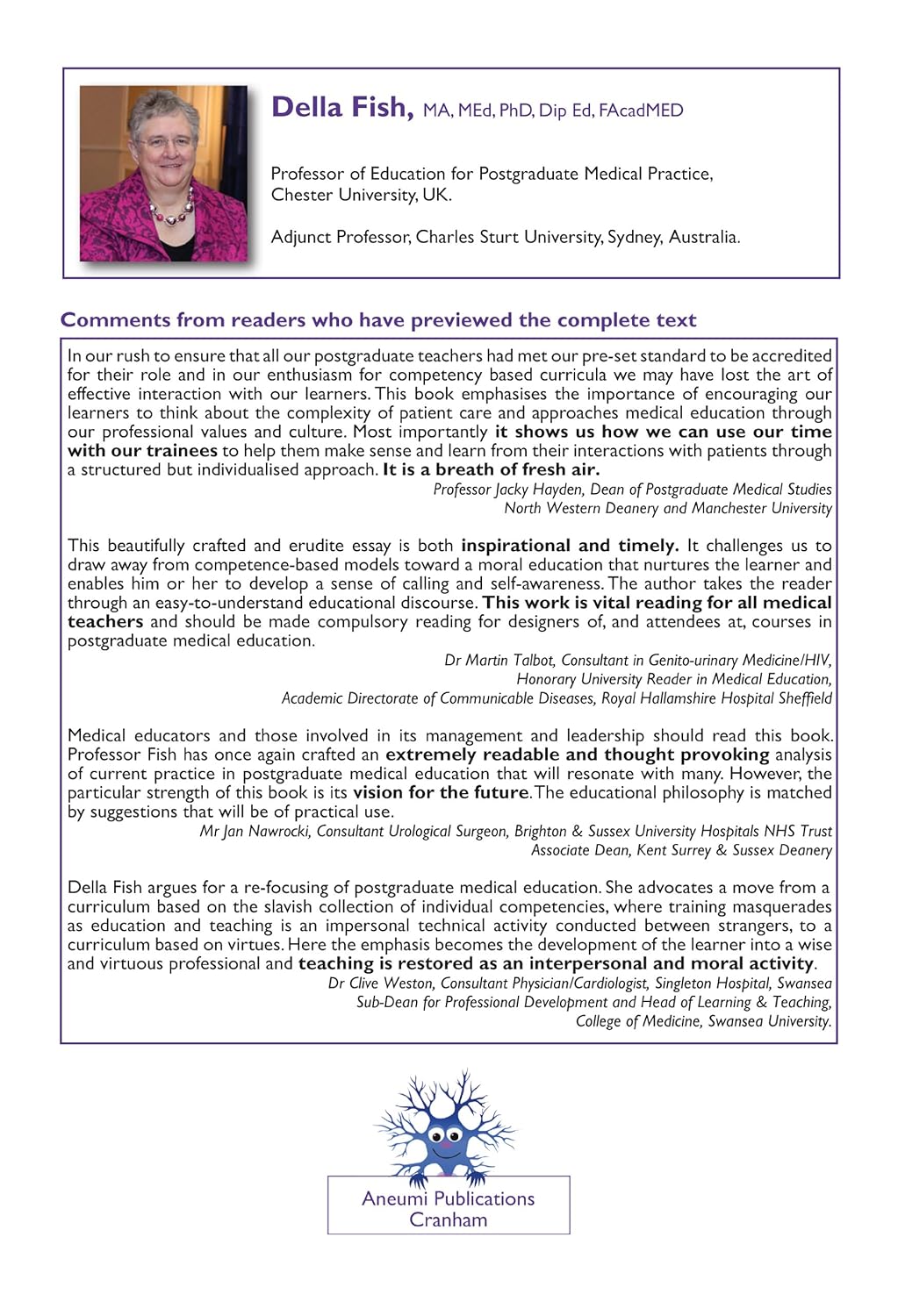Refocusing Postgraduate Medical Education - from the technical to the moral mode of practice
Refocusing Postgraduate Medical Education - from the technical to the moral mode of practice
Couldn't load pickup availability
This new volume from Della Fish and Linda de Cossart is designed to help medical professionals to articulate far more about their expertise to themselves, colleagues, patients, their families and the public. Following a scholarly and wide-ranging review of the history and philosophy of reflection, the authors introduce readers to the systematic practice of Transformative Reflection as they have developed and taught it. As well as being a clear and practical workbook for doctors who want to apply the approach to enhance their own clinical decision-making and professional judgement, Transformative Reflection for Physicians and Surgeons offers helpful guidance to educators who aspire to teach in the moral mode of educational practice. Altogether, this is a book that raises the theory, practice and training of reflection in the medical profession to a new level. Dr John Launer, Programme Director for Educational Innovation, Health Education England, London. Author of “Narrative-Based Practice in Health and Social Care: Conversations Inviting Change” With their colours nailed firmly to the educational mast, de Cossart and Fish offer a rigorous but accessible process for undertaking a genuinely transformative reflection. I have observed the authors making highly successful use of this approach over a number of years; participants have begun as sceptics and ended as devotees! Reading this book, I am imbued with a strong optimism for the future professional health of doctors. Tim Wright, Emeritus Professor of Education, University of Chester This book models an approach to reflection that recognises and values its transformative power. It is a courageous volume. It does not dodge the challenges, complexities or uncertainties that inevitably imbue reflective work. Its authors are companions who walk alongside the reader who is curious about reflection, but they do not prescribe, preach or presume. It is a generous and inclusive book that meets its reader in a spirit of openness, curiosity and enquiry. If readers can meet the authors in a similar spirit, they will be changed. Indeed, to read this book is to engage in an act of transformative reflection. It is a gift to us all. Deborah Bowman, Deputy Principal (Institutional Affairs) and Professor of Bioethics, Clinical Ethics and Medical Law at St George’s.
Share




